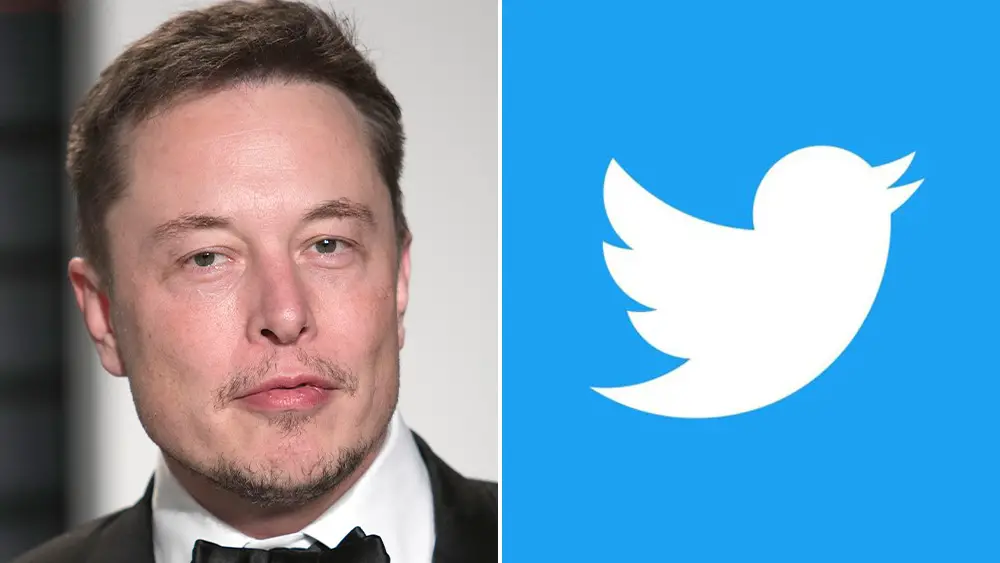Elon Musk has created a new foe, this time a dissatisfied Twitter shareholder who claims he lost money because Musk failed to promptly disclose to investors that he had bought a 9.2% ownership position in the company. The complaint, which was filed in federal court in the Southern District of New York on Tuesday, claims that Musk’s delay unfairly lowered Twitter’s stock price, defrauding investors who sold shares before he eventually revealed his stake in early April.
According to Bloomberg News, the complainant, Marc Bain Rasella, says that Musk should have disclosed his shares to the US Securities and Exchange Commission by March 24, when he exceeded the 5 percent ownership threshold that mandates disclosure. Instead, the billionaire disclosed that he had purchased 9.2 percent of Twitter only last Monday, prompting shares to skyrocket 27 percent as Musk acolytes rushed to get in on the action.
Meanwhile, Rasella’s lawsuit claims that by delaying his filing, Twitter’s most renowned troll was able to buy additional shares at a lower price. Musk gained $156 million by purchasing at a cheaper price, according to a finance expert quoted in The Washington Post last week. Rasella claims to speak for a group of Twitter shareholders who sold their shares in the week leading up to Musk’s announcement.
Musk and Rasella did not reply to demands for comment right away.
In recent weeks, Musk has wreaked havoc at Twitter. Following the announcement of his investment, he agreed to take a seat on Twitter’s board of directors in exchange for an arrangement that banned him from holding more than 14.9 percent of the company’s shares. Last week, he proceeded to mock and criticise the firm, asking his 81 million followers whether the platform was “dying,” proposing that it should change its premium membership tier, and pondering if its offices should be transformed into a homeless shelter (he has since deleted the latter tweet).
Twitter’s CEO, Parag Agrawal, said on Sunday night that Musk will not be joining the company’s board of directors after all. “Elon’s appointment to the board was set to take effect on April 9, but Elon announced that he would no longer be joining the board that morning. He wrote, “I feel this is for the best.”
Musk would have had to pass a background check to officially accept the post, as well as operate as a business fiduciary and “act in the best interests of the firm and all our shareholders,” according to Agrawal. Those remarks have sparked debate about why Musk changed his mind and if it was actually his choice.
Musk just tweeted a variant of this emoji on Sunday, while the internet was ablaze with news of the reversal:
Since 2018, when he surprised Tesla investors by tweeting that he was contemplating taking the electric automaker private at a price of $420 per share, the billionaire has been in a constant struggle with the Securities and Exchange Commission. The agency conducted an inquiry into the situation and discovered that Musk had left out important data regarding whether he really had “financing secured,” as his tweet claimed. Musk later resolved the case, but it cost him his position as chairman of Tesla and $20 million in penalties, among other things.

